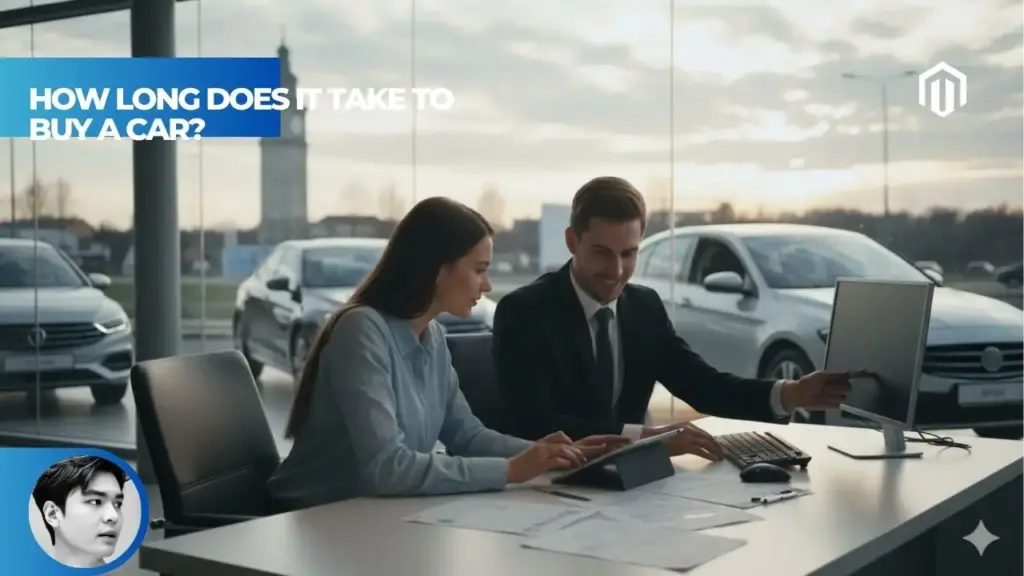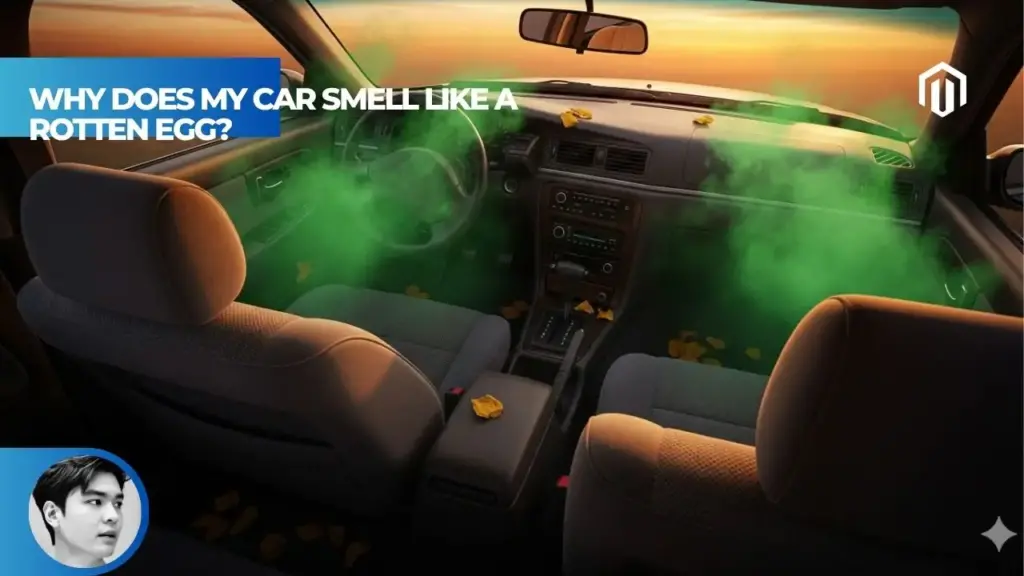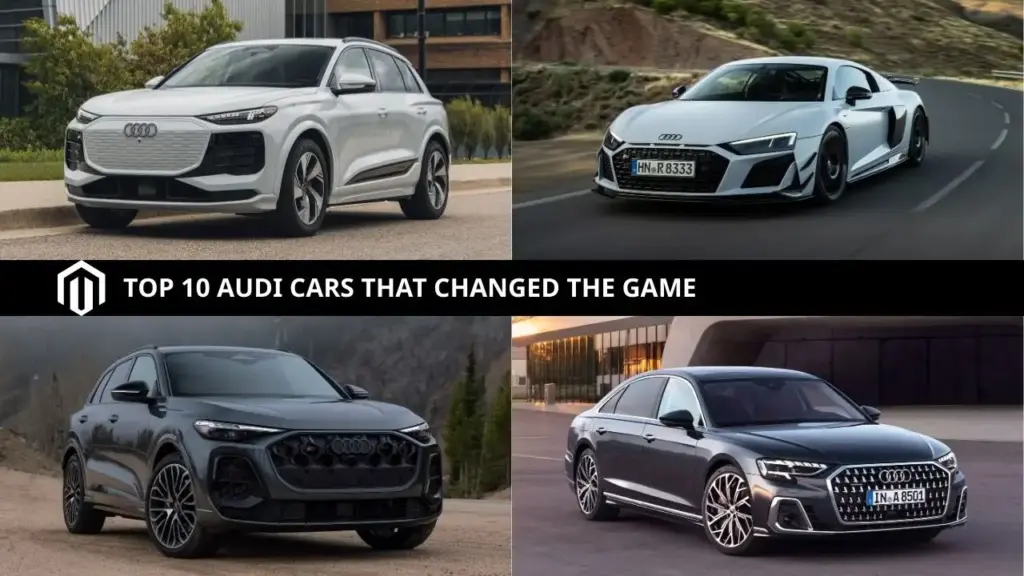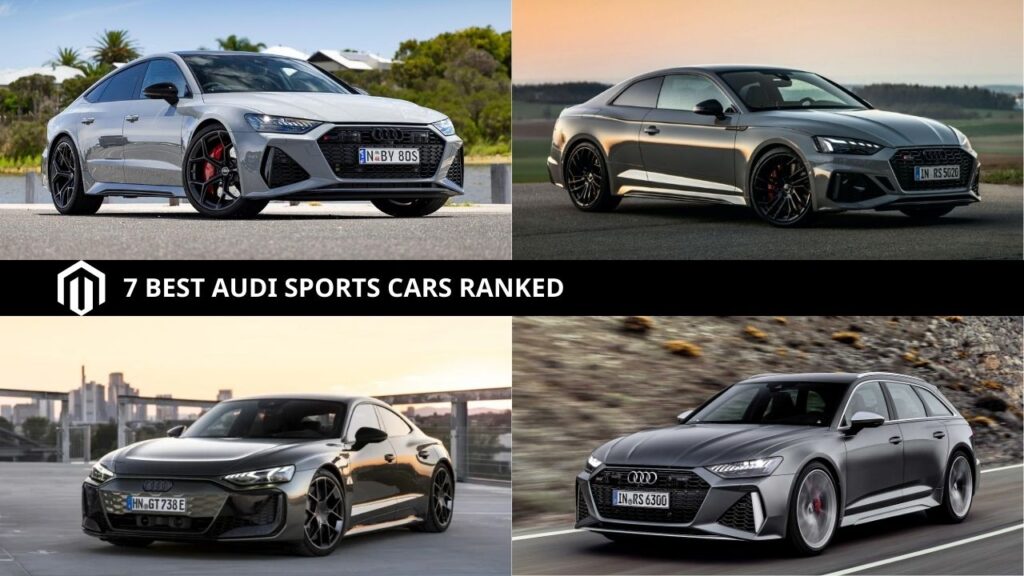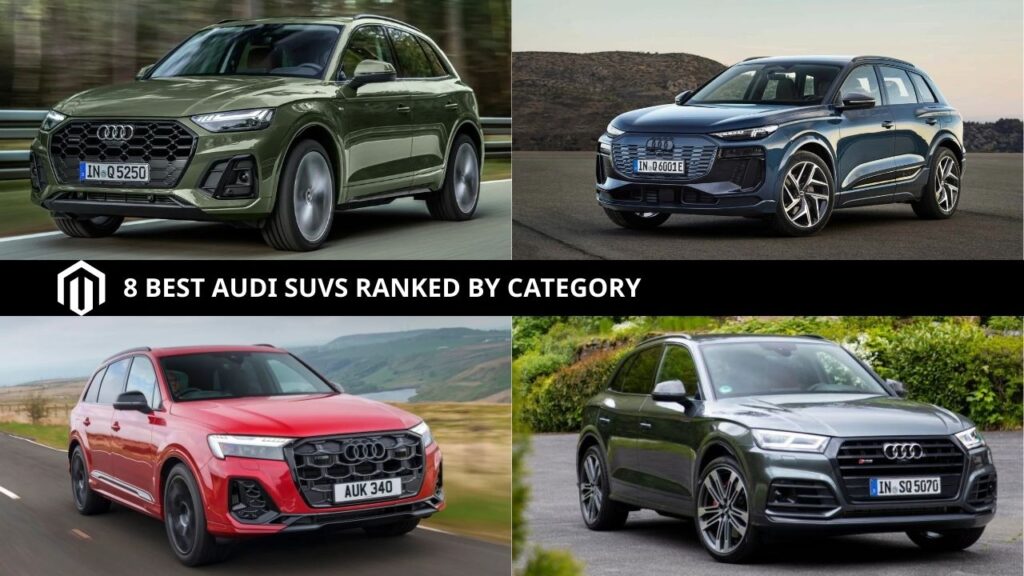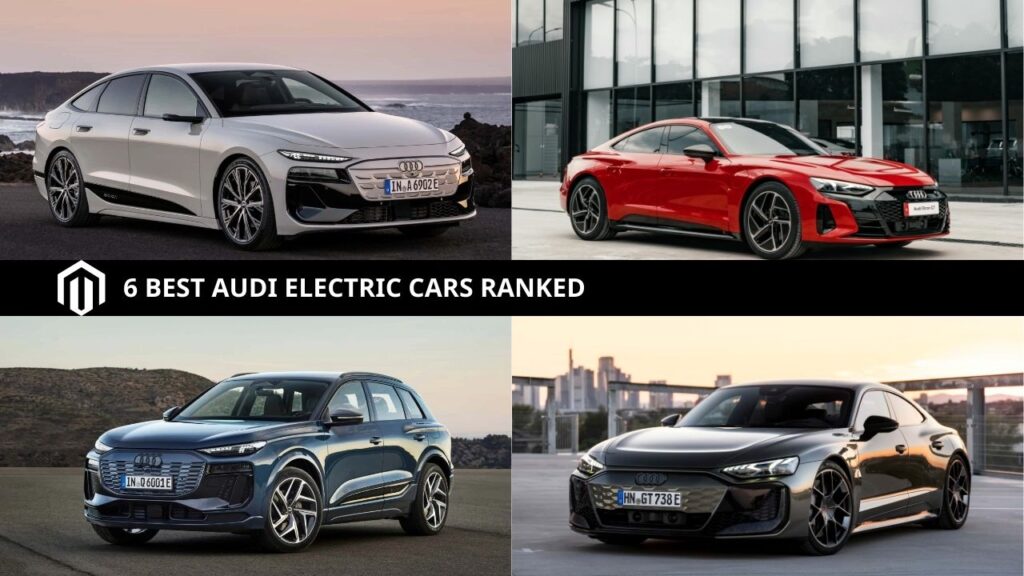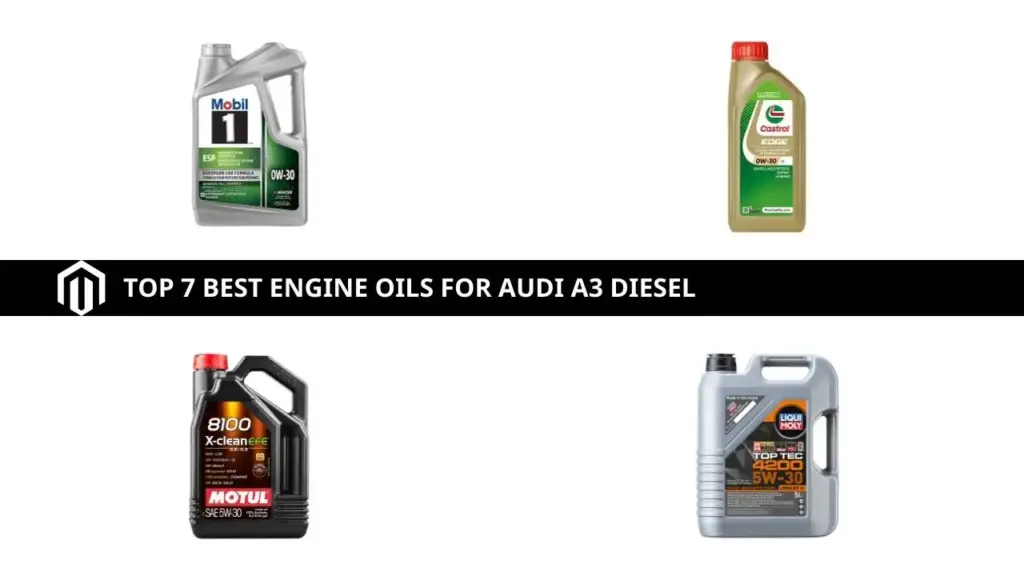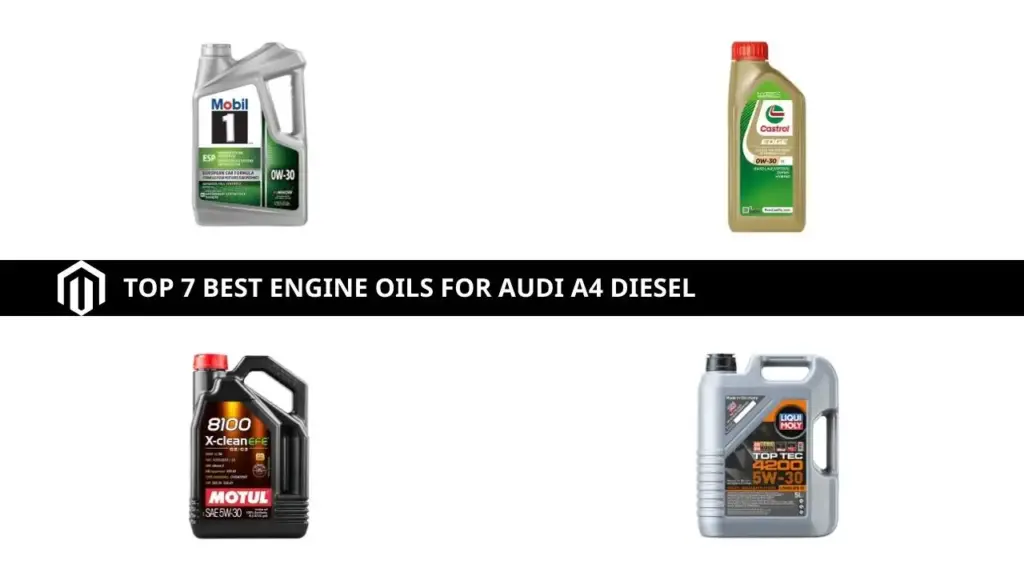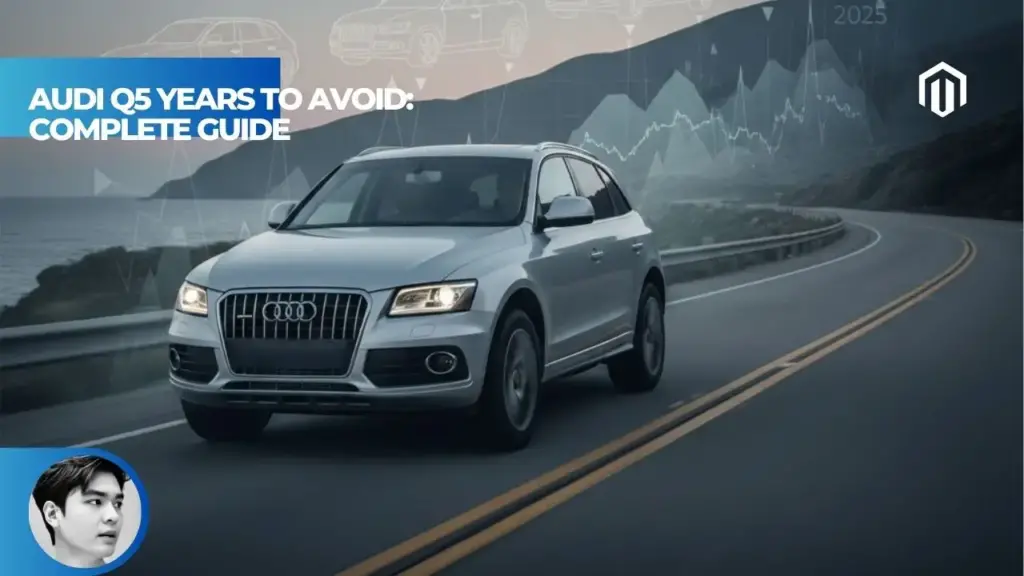You may also like:
The average car buyer spends 3 to 5 hours at the dealership on purchase day, with the total research-to-delivery timeline running 2 to 6 weeks. If you arrive prepared with pre-approved financing and know exactly which vehicle you want, the dealership visit drops to 30-90 minutes[1]. The reality? Only 5-10% of buyers achieve that speed[1]. Most people underestimate how long car buying takes, with 33% of buyers reporting the process took longer than expected[2].
Realistic Timeline: From Research to Keys
How long it takes to buy a car depends heavily on your preparation level. Here’s what data from industry studies shows[1]:
| Buyer Type | Time at Dealership | Total Start-to-Finish | Who This Applies To |
|---|---|---|---|
| Prepared (pre-approved, cash, no trade) | 30-60 minutes | Same day | 5-10% of buyers |
| Prepared + in-stock vehicle | 1-2 hours | Same day | Growing majority |
| Average buyer (some research) | 3-5 hours | 1-7 days | Most people |
| Trade-in + dealer financing | 4-8+ hours | 1-14 days | Common scenario |
| Factory order or custom build | N/A (delivery only) | 4-16 weeks | Special orders |
The 4-hour average is industry standard[3]. And that’s just time inside the dealership—not the weeks spent researching beforehand.
Time Breakdown: Where Your Hours Actually Go
Car buyers don’t spend all that time test-driving. Here’s where the clock really ticks[4]:
Research Phase (6-14+ Hours)
Before you even step on a lot, expect to invest serious time online. Car shoppers spend an average of nearly 14 hours researching online, with about a third of that time on mobile devices[5]. UK data shows the average research period stretches to 87 days from first browse to purchase[6].
The good news? All that homework pays off. Today’s average buyer visits only 1.4 dealerships before purchasing—down from 4.5 dealerships a decade ago[5].
Test Driving (30-90 Minutes)
Most dealership test drives run 15-30 minutes per vehicle. If you’re comparing trims or multiple models, this phase easily stretches to 90 minutes or more. One Reddit user reported that test drives alone took close to two hours because finding the specific cars on the lot took additional time[3].
In 2024, new car buyers spent an average of 2 hours more on the shopping process compared to the previous year—primarily on test driving and exploring features rather than price negotiation[7].
Negotiation (30-60 Minutes)
Price discussions vary wildly. A straightforward deal with no haggling takes 15-20 minutes. Complex negotiations involving trade-ins, rebates, and dealer add-ons can run an hour or longer.
If you’re researching fair prices before arriving, negotiation time shrinks substantially.
Finance and Insurance (F&I) Office (60-90 Minutes)
The F&I office is where most buyers lose time. This single step accounts for the biggest delays. Even one Reddit user who pre-wired payment and arrived on a quiet Tuesday afternoon still waited 90 minutes just for the finance manager[1].
What happens in F&I:
- Credit application processing (if financing through dealer)
- Loan approval from lender
- Extended warranty and protection package presentations
- Final contract signing (10-20 pages)
- Payment processing and verification
Paperwork and Handover (30-45 Minutes)
Final steps include vehicle registration setup, temporary tag issuance, and the physical handover of keys and documents. Some dealers also walk you through vehicle features—a process that adds 15-30 minutes for tech-heavy models.
Why Buying From a Dealership Takes So Long
MotorTrend breaks down the truth: plan to block off half your day[8]. Several factors make dealership purchases time-consuming.
Multiple Department Handoffs
You don’t work with one person. A typical purchase involves:
- Sales consultant (test drive, selection)
- Sales manager (pricing approval)
- F&I manager (financing, contracts)
- Delivery specialist (vehicle walkthrough)
Each handoff means waiting while the next person becomes available.
Financing Verification Takes Time
Dealer financing requires real-time communication with lenders. Even with good credit, loan approval typically takes 1-3 hours for same-day decisions[9]. Complex situations—self-employment, limited credit history, multiple income sources—can extend approval to 24-48 hours or longer[10].
Trade-In Appraisal
If you’re trading in your current vehicle, add 30-60 minutes for the appraisal process. The dealer needs to inspect, research comparable values, and often have a manager approve the offer.
Understanding how car valuations work helps speed this step.
How to Buy a Car in Under 2 Hours
The fastest car purchases follow a specific blueprint[1]:
Step 1: Get Pre-Approved Online (5-15 Minutes)
Pre-approval from your bank, credit union, or online lender eliminates the longest dealership wait. You’ll know your interest rate, loan amount, and monthly payment before arriving. Auto loan pre-approvals typically last 30-60 days[11].
Step 2: Determine Exact Car and Fair Price
Use Edmunds, Kelley Blue Book, and TrueCar to identify the specific vehicle you want and its market value. Knowing the fair price prevents extended negotiation.
Step 3: Confirm Dealer Has Vehicle in Stock
Check the dealer’s online inventory. Call to verify the exact car is still available and can be prepared for your visit.
Step 4: Schedule a Weekday Afternoon Appointment
Dealerships are busiest on weekends and month-end. Tuesday or Wednesday afternoons typically have shortest wait times for F&I.
Step 5: Bring All Required Documents
Arrive with:
- Driver’s license
- Proof of insurance
- Pre-approval letter or financing documentation
- Down payment (certified check preferred for amounts over $10,000)
- Trade-in title and keys (if applicable)
New vs Used: Which Takes Longer?
| Purchase Type | Typical Dealership Time | Additional Considerations |
|---|---|---|
| New car (in stock) | 2-4 hours | Fastest; straightforward paperwork |
| Used car (dealer lot) | 2-5 hours | May require additional inspection |
| Factory order | 30-60 minutes (signing) + 4-16 weeks delivery | Custom build wait time |
| Private sale | 30 minutes – 2 hours | Cash only; higher risk |
Used cars from dealerships can take longer due to additional steps: vehicle history verification, lien checks, and sometimes mechanical inspection[12]. Most used car purchases complete within 1-3 days if you factor in potential financing delays[12].
Private sales are fastest for cash buyers but require verifying vehicle history yourself.
Online Car Buying: Is It Faster?
Buying online can compress the process significantly. Shopping and financing often complete in under an hour—but delivery adds days[12].
| Online Platform | Purchase Time | Delivery Time |
|---|---|---|
| Carvana | 30-60 minutes | 3-7 days |
| Vroom | 30-60 minutes | 7-14 days |
| CarMax (online) | 1-2 hours | Same day (pickup) |
| Dealer digital retail | 1-2 hours | Same day (pickup) |
Buyers who purchased online reported higher satisfaction scores than those buying in person, primarily due to time savings[13]. The trade-off: you skip the test drive (most online retailers offer 7-day return policies instead).
What Can Delay Your Purchase?
Several situations extend the car-buying timeline beyond expectations[10]:
- Credit challenges — Applications requiring manual review take 3-7 business days
- Complex income verification — Self-employment or multiple income streams slow approvals
- Out-of-state purchases — Title transfers between states add 2-4 weeks
- Vehicle not on lot — Dealer trades or factory orders create weeks of delay
- Missing documents — Returning home for forgotten paperwork doubles your trip
Weekends and end-of-month periods also increase wait times substantially due to higher customer volume.
After Purchase: How Long Until Everything’s Final?
Driving off the lot isn’t the end. Post-purchase steps take additional time[14]:
| Step | Typical Timeline |
|---|---|
| Loan funding | 1-3 business days |
| Permanent plates | 2 weeks – 3 months (varies by state) |
| Title receipt (financed) | After loan payoff |
| First payment due | 30-45 days |
In states like California or New York, permanent plates can take several months due to DMV processing backlogs[14].
Key Takeaways
- Plan for 3-5 hours at the dealership if you’re an average buyer without pre-approval—that’s the industry standard, with 33% of buyers reporting it took longer than expected[2]
- The total research-to-keys timeline runs 2-6 weeks for most buyers, with 14+ hours spent researching online before visiting a single dealership[5]
- Pre-approval cuts dealership time in half by eliminating the longest wait (financing approval), dropping your visit to 60-90 minutes if everything else is ready[1]
- The F&I office causes the biggest delays—even prepared buyers report waiting 60-90 minutes for the finance manager during busy periods[1]
- Tuesday/Wednesday afternoons are fastest since weekends and month-end see significantly higher traffic and longer queues[1]
- Online purchases compress shopping to under an hour but add 3-14 days for delivery depending on the platform[12]
FAQs
Can I buy a car in one day?
Yes, same-day purchase is possible and increasingly common for prepared buyers[1]. You’ll need pre-approved financing (or cash), a specific vehicle in stock at the dealership, all required documents, and flexibility on minor details like color or options. Most buyers who complete same-day purchases arrive with everything ready and spend 1-3 hours at the dealership. Walk-ins without preparation typically take 3-5 hours minimum.
How long does dealership financing take to approve?
Dealership financing approval ranges from instant (for excellent credit) to several days[9]. Strong credit scores with stable income often receive approval within minutes through computerized systems. Standard applications take 1-3 hours for same-day approval. Complex situations—self-employment, lower credit scores, or applications submitted on weekends—can require 24-48 hours or longer as lenders manually review applications[10].
Why does the F&I process take so long?
The Finance and Insurance office handles multiple time-consuming tasks: processing credit applications, communicating with lenders for approval, presenting extended warranty and protection options, preparing 10-20 pages of contracts, and processing your payment[8]. You’re also waiting in queue—F&I managers handle multiple customers simultaneously. Busy periods (weekends, month-end) create longer waits. Arriving with pre-approval eliminates the lending step, cutting F&I time roughly in half.
What’s the best day to buy a car quickly?
Tuesday or Wednesday afternoon offers the shortest wait times at most dealerships[1]. Weekends see peak traffic, and month-end brings buyers trying to catch sales targets (which also means longer waits). Avoid the first and last days of the month when paperwork volume spikes. If you must shop weekends, arrive early—the queue builds throughout the day.
How long does buying a used car take compared to new?
Used car purchases typically take similar time at the dealership (2-5 hours) but may extend to 1-3 days overall[12]. The extra time comes from vehicle history verification, potential mechanical inspection, and sometimes resolving title issues from previous owners. New cars have straightforward paperwork from the manufacturer. That said, if the new car isn’t in stock and requires a factory order, expect 4-16 weeks until delivery.
References
- Car Talk – Panda Hub. (2025). How Long Does It Take To Buy A Car In 2026? https://cartalk.pandahub.com/car-buyer-guides/how-long-does-it-take-to-buy-a-car
- CDK Global. (2025). Car-Buying Process Rebounds in July 2025. https://www.cdkglobal.com/insights/car-buying-process-rebounds-july
-
Reddit r/askcarsales. (2021). How long does it take to buy a car?
How long does it take to buy a car?
byu/Puzzleheaded-Mall309 inaskcarsales - Edmunds. (2025). How Long Does It Take to Buy a Car? https://www.edmunds.com/car-buying/how-long-does-it-take-to-buy-a-car.html
- ACV Max. (2025). Understanding the Car Buyer’s Online Journey. https://www.acvmax.com/blog/understanding-the-car-buyers-online-journey
- Auto Trader UK. (2024). Consumers take an average of 87 days to buy a car. https://plc.autotrader.co.uk/news-views/press-releases/consumers-take-an-average-of-87-days-to-buy-a-car/
- KBB/AutoTrader OEM. (2025). Celebrating 15 Years of Insights: The Car Buyer Journey Study. https://kbb-autotrader-oem.com/camp-360-blog/celebrating-15-years-of-insights-the-car-buyer-journey-study/
- MotorTrend. (2025). Why Does It Take So Long to Buy a Car? https://www.motortrend.com/features/why-does-it-take-so-long-to-buy-a-car
-
Epee Education. (2024). How Long Does It Take to Get Approved for a Car Loan from a Dealership?
How Long Does It Take to Get Approved for a Car Loan from a Dealership?
- Motor World Report. (2025). Car Loan Approval Timeline: Understanding the Dealership Finance Process. https://motorworldreport.com/automotive/car-loan-approval-timeline-understanding-the-dealership-finance-process/
- Jeremy Franklin. (2025). Auto Loan Pre-Approval: How Long It Lasts. https://jeremyfranklin.com/blog/how-long-does-auto-loan-pre-approval-last
- AmeriFreight. (2025). How Long Does Buying a Car Take? A Detailed Guide for 2025. https://dispatch.amerifreight.net/blog/how-long-does-it-take-to-buy-a-car-explained
- Kelley Blue Book. (2023). Study: Americans Growing Frustrated With Car Buying Process. https://www.kbb.com/car-news/study-americans-growing-frustrated-with-car-buying-process/
- Oreate AI. (2026). How Long Does It Take to Get Plates From Dealer. https://www.oreateai.com/blog/how-long-does-it-take-to-get-plates-from-dealer/

I am a senior automotive analyst at Autvex. Expert vehicle evaluations, in-depth reviews, and objective analysis helping readers make informed automotive decisions with years of industry experience.

